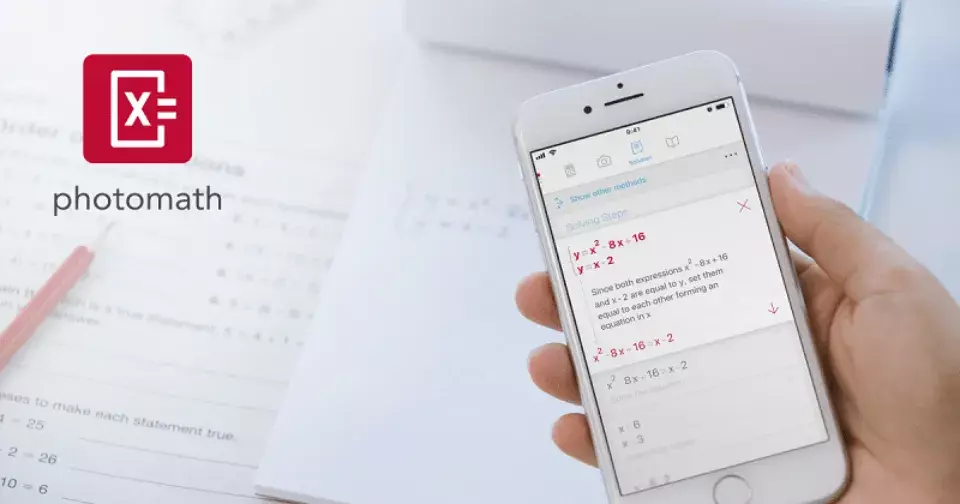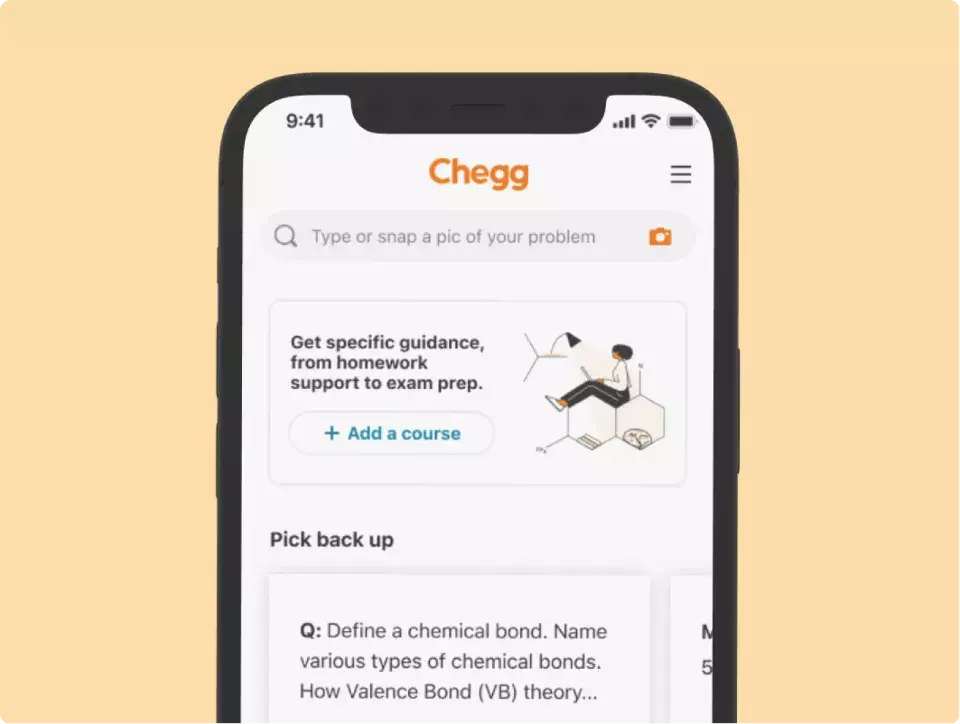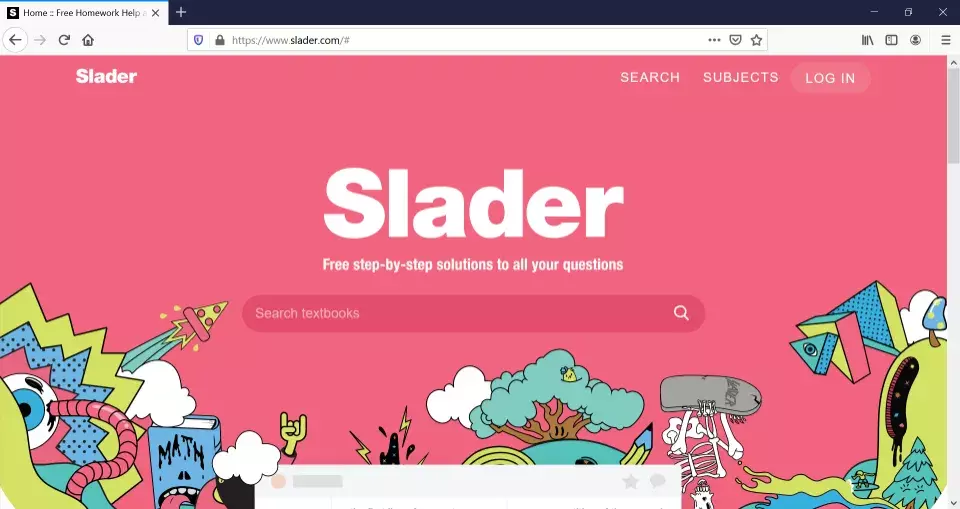
In the ever-evolving realm of online education and collaborative learning, platforms like Brainly have gained prominence for facilitating student engagement and knowledge-sharing.
However, the diverse needs of learners often lead them to seek alternatives that cater to specific requirements or offer unique features.
In this article, we'll delve into several Brainly alternatives, assessing their strengths and weaknesses to help students find the perfect match for their learning journey.
What is Brainly?
Brainly is a prominent knowledge-sharing community, bringing together over 350 million students and experts to collaboratively tackle challenging homework questions.
It serves as an instant resource for enhancing understanding in various school subjects, including Math, English, Chemistry, Advanced Placement, Physics, and more.
The alternatives to Brainly discussed in this article share similarities yet present distinct features. Continue reading to delve deeper into these Brainly-like apps and discover more about their unique attributes.
For more information, read our full reviews on Brainly AI.
6 Brainly Alternatives in 2024
Here are the 6 best alternatives to Brainly.
1. Quora

Quora, primarily known as a question-and-answer platform, has emerged as a versatile alternative to Brainly.
While Brainly often focuses on academic queries, Quora provides a broader scope, encompassing a vast array of topics and industries.
Students can not only seek help with homework but also engage in discussions on various subjects, gaining insights from a diverse community of professionals, enthusiasts, and experts.
2. Khan Academy

Khan Academy stands out as a comprehensive learning platform offering educational resources, including instructional videos, practice exercises, and a personalized learning dashboard.
While Brainly emphasizes peer-to-peer interaction, Khan Academy provides structured lessons created by experts, making it an excellent alternative for students seeking a more structured and guided learning experience.
3. Photomath

Photomath stands out as a top-notch alternative to Brainly. Whether you're a parent wanting to review your child's homework or a mathematics student seeking assistance, Photomath offers an excellent solution.
By utilizing your phone's camera, Photomath scans and recognizes mathematical equations, providing a comprehensive step-by-step explanation directly on your smartphone's screen.
4. Chegg Study

Chegg Study is a platform tailored for students seeking textbook solutions, step-by-step explanations, and assistance with challenging academic concepts.
It goes beyond typical homework help by offering additional resources such as test preparation materials and internship searches. Chegg Study is particularly useful for those looking for in-depth explanations and supplementary study materials.
5. Slader

Slader focuses on providing crowd-sourced textbook solutions for a variety of subjects, making it a valuable resource for students looking for specific answers within their textbooks.
The platform allows users to contribute solutions and explanations, creating a collaborative environment similar to Brainly. It's particularly beneficial for students relying heavily on textbook content.
6. StudyStack
For students who prefer a more interactive and gamified approach to learning, StudyStack offers a unique alternative. The platform allows users to create and share flashcards, quizzes, and games to enhance memorization and understanding of various subjects.
While not a direct substitute for Brainly's collaborative model, StudyStack adds an element of fun to the learning process.
Conclusion on Brainly Alternatives
In the vast landscape of online learning platforms, the search for the perfect Brainly alternative depends on individual preferences, learning styles, and specific academic needs.
Each platform mentioned offers a unique set of features, catering to different aspects of the learning experience.
The key is to explore these platforms, weigh their pros and cons, and find the one that aligns best with individual learning objectives.

